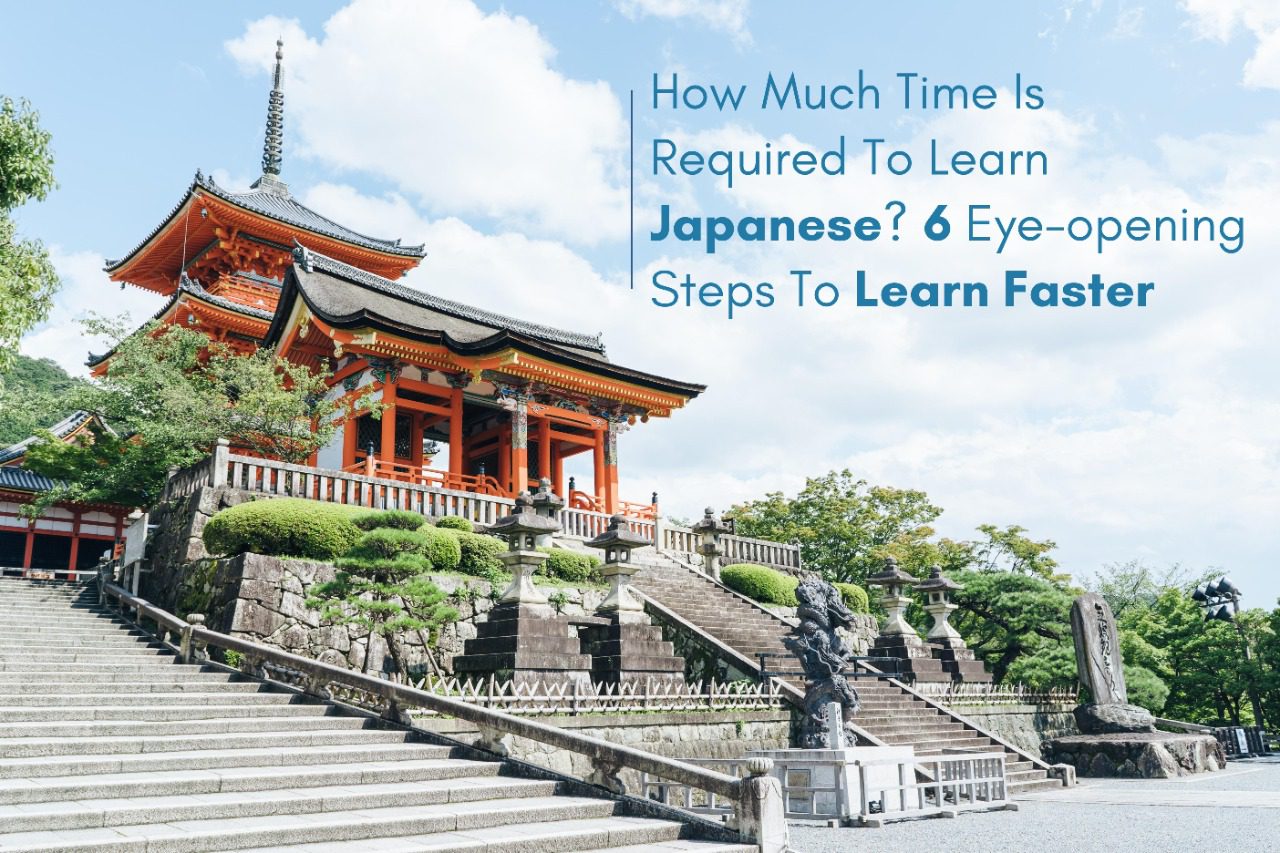Japan is a beautiful place with lots to see and do. Like any country, getting around and asking for directions can be tricky if you don’t know Japanese language. Let’s face it, Google Translate doesn’t always cut it when travelling or sightseeing – you might not understand what’s being said, or the app could struggle with an unusual word or phrase.
You could find yourself in a sticky situation where you need to ask for help but don’t know how – this is why learning some essential Japanese phrases is so important! With this blog post, we’ll show you 25 useful words and phrases that any tourist must know when visiting Japan. From ordering food to booking a hotel room, you won’t struggle again with these helpful tips in Japanese.
How Much Time Is Required To Learn Japanese? 6 Eye-opening Steps To Learn Faster
Sightseeing
Shibu
Meaning: A place for relaxation, often with a view of a river or mountains. Usage: You might want to visit one of Japan’s many hot spring spas. To say this in Japanese, you would say “shibu-yu”, or “shibu” followed by “yu”, which means “bath”.
Koko
Meaning: A place to sit or walk.
Usage: You can use this word to refer to any kind of scenic view.
Yoko
Meaning: A place to lie down.
Usage: When walking through a place with beautiful views, you might want to lie down on the ground to fully appreciate them. To say this in Japanese, you should use “yoko”.
Yuka
Meaning: A place to sit on the ground.
Usage: If you’re visiting a Japanese garden, you might want to sit on tatami mats. In this case, you would say “yuka”.

Eating Out
Tabemono
Meaning: Foods to eat.
Usage: This word refers to any kind of food but is often used at restaurants.
Shokudo
Meaning: A place to eat.
Usage: This word can be used for a restaurant, a person’s house, or even a food truck!
Ishoku
Meaning: A place to eat Western-style food.
Usage: You can use this word to ask where you can get some Western-style food, such as pizza or burgers.
6 Most Unusual Japanese Festivals
Travel and Transport Words and Phrases
Yori
Meaning: A place to travel by airplane.
Usage: You can use this word to ask for an airport in Japan, or the airport where you’re flying in from.
Furendo
Meaning: A place to travel by train.
Usage: You can use this word to ask for a train station, or even to ask which train station you should get off at if you’re getting off at a station on a certain line.
Ryukyu
Meaning: A place to travel to the Ryukyu Islands, such as Okinawa. You can also use this word to ask for the airport where you would go to travel there.
Kisha
Meaning: A place to travel by train.
Usage: You can use this word to ask for a train station, or to ask which train station you should get off at if you’re getting off at a station on a certain line.

Hello & Goodbye
Konnichi
Meaning: Hello.
Usage: This word is often used when entering a building, or when saying goodbye to a person.
Sayonara
Meaning: Goodbye.
Usage: If you see a Japanese person waving goodbye or trying to get your attention and they’re not using konnichi, then they’re probably saying sayonara.
Language Barrier
Gomen
Meaning: Excuse me.
Usage: This is a polite way to ask for someone’s attention, such as when asking for directions.
iie
Meaning: No.
Usage: This word is useful to say when someone asks you to do something that you don’t want to do. You can also use it to answer a “gomen” when someone asks you to do something.
Hotel Words and Phrases
Yadaya
Meaning: A place to sleep.
Usage: This word refers to a hotel or inn, but it can also be used to ask where hotels are.
Yado
Meaning: A place to take a bath.
Usage: This word is used for hot spring spas, but can also be used for normal public bathhouses.
Shopping
Jimusho
Meaning: A place to shop.
Usage: This word refers to a department store or shopping mall.
Bijyu
Meaning: A place to buy something.
Usage: This can be used to ask for a store where you can buy essential items.
These are just a few common phrases, if you are looking forward to learning Japanese language and get a closer look at their culture at the same time, get in touch with us and we’ll help you. Click here for more information on learning Japanese language.











